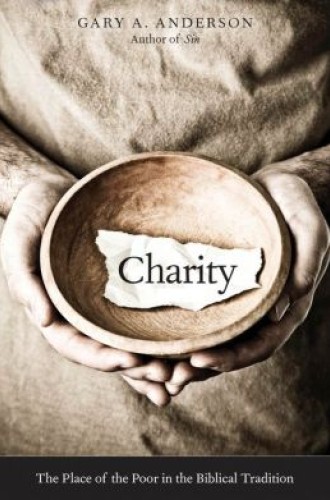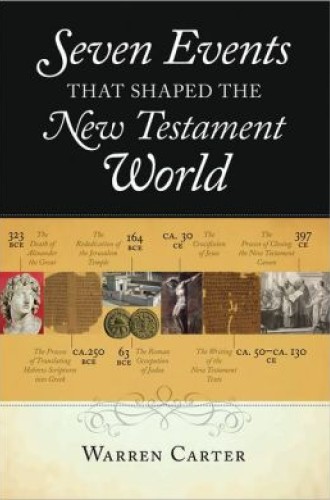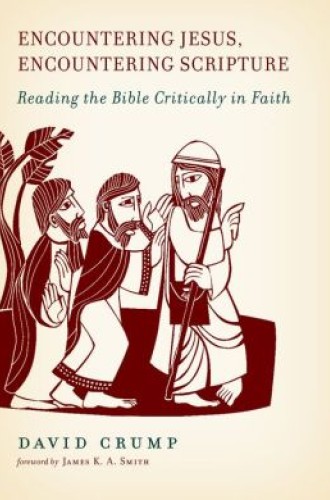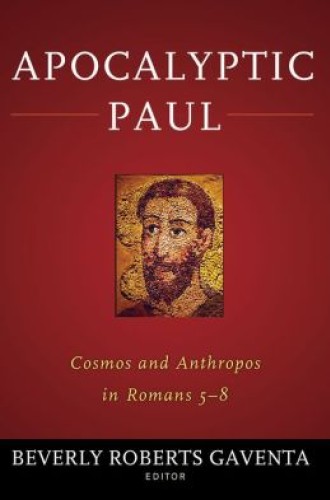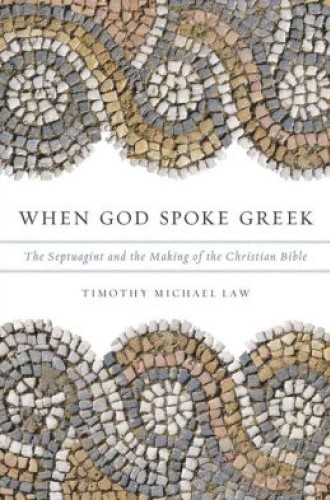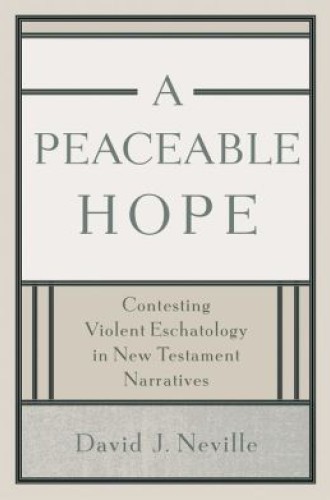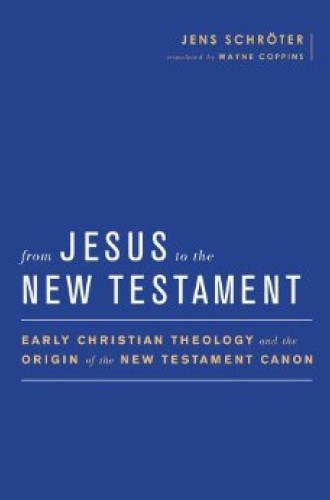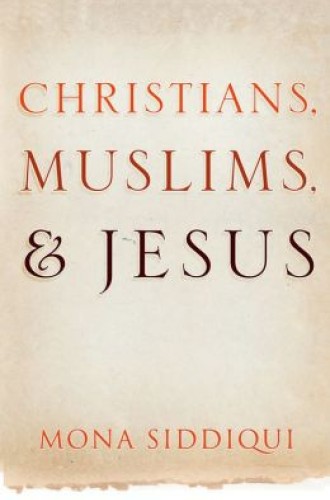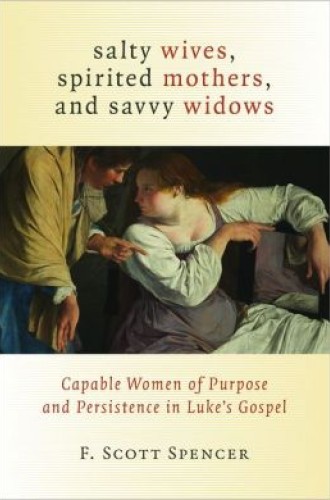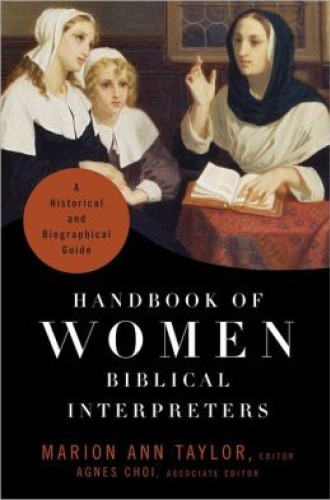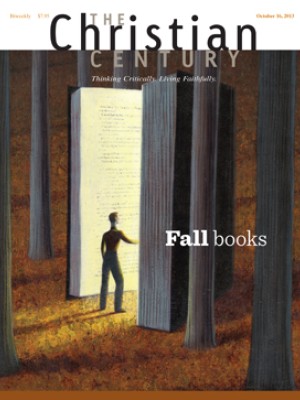New Testament
Charity: The Place of the Poor in the Biblical Tradition, by Gary A. Anderson. Have modern economic assumptions and the theological underpinnings of Protestantism left us with distorted perspectives on almsgiving and its spiritual rewards? Anderson says yes. In this wide-ranging and engaging study of biblical writings and the Second Temple Jewish traditions that informed them, he shows that biblical charity extends beyond benefaction and philanthropy. Charitable acts make statements of belief about the nature of God and the world, and they have the capacity to make the giver aware of God’s presence through the needy, creating a sacramental interaction that cannot be replicated via mere gifts of money.
Seven Events That Shaped the New Testament World, by Warren Carter. Introductory surveys of the New Testament’s historical and cultural contexts must demonstrate why understanding those contexts yields a richer reading of the Bible. Carter’s wit and insight help his book succeed brilliantly. He employs seven monumental events and processes as entry points for exploring larger causes and consequences—the wider cultural currents that everyday people negotiated in every aspect of their lives in biblical times.
Read our latest issue or browse back issues.
Encountering Jesus, Encountering Scripture: Reading the Bible Critically in Faith, by David Crump. Weaving occasional reflections on his own religious journey into his analyses of the Gospels and the writings of Paul, Crump examines the Bible through an explicitly Kierkegaardian lens. He emphasizes personal encounters with Jesus Christ as foundational to faith and to a proper appreciation of the value and limitations of critical-historical methods. Kierkegaard was not the first to notice faith’s tendency to defy reason and reorder common-sense expectations. Crump sees the New Testament as expressing the same thing when Jesus transforms surprised disciples and apostles and compels readers to respond in faith themselves.
Apocalyptic Paul: Cosmos and Anthropos in Romans 5–8, edited by Beverly Roberts Gaventa. Recent years have brought exciting progress and greater nuance to scholars’ descriptions of Paul as an apocalyptic theologian and to our grasp of the political and ideological dimensions of his theology. These eight perceptive essays scrutinize some of the apostle’s most contested chapters. They reveal the God, the world, the people and the powers that play parts in Paul’s articulation of the gospel and of the righteousness and justification it accomplishes.
When God Spoke Greek: The Septuagint and the Making of the Christian Bible, by Timothy Michael Law. When churchgoers and church watchers wonder about the origins of Christian theology, questions about the Septuagint’s importance for the New Testament and patristic era do not dominate their concerns. Law laments this lack of attention and enthusiastically explains the Septuagint’s history, its significance for early Christian writers, and the reasons it all but disappeared from theological discourse in the Christian West. The Septuagint may indicate that ancient Jewish scriptures and theologies were more fluid and varied than many suppose.
A Peaceable Hope: Contesting Violent Eschatology in New Testament Narratives, by David J. Neville. How should we make sense of New Testament accounts of Jesus commending and exemplifying nonviolence alongside other passages that anticipate his future role as a violent, eschatological avenger? This study of the Gospels, Acts and Revelation refuses to banish one set of texts in favor of the other. It affirms God’s prerogative to judge even as it takes Jesus’ incarnation, life and teachings as primary determinants for character sketches of the God who will judge. Neville models a conversational, honest and sometimes confrontational approach to reckoning with theological tensions and morally contradictory crosscurrents within particular biblical books and across the New Testament as a whole.
From Jesus to the New Testament: Early Christian Theology and the Origin of the New Testament Canon, by Jens Schröter, translated by Wayne Coppins. Research into the historical Jesus, the development of the New Testament writings, and the emergence of early Christian theologies has begun taking guidance from new methods and theories about history and about the roles social memory plays in the making of historical narratives. Schröter argues against modernist approaches that suppose that we can neatly separate our inquiries into specific events behind the New Testament and from our questions about the literary narratives created to express the ongoing meanings of those events and memories. The result is a thorough, erudite investigation of Christianity’s theological self-understanding.
Christians, Muslims, and Jesus, by Mona Siddiqui. Christians interpreting the New Testament can learn valuable things from the history of how Jesus and Mary have been received by Muslims. Siddiqui, an Islamic scholar, presents a charitable, knowledgeable, very readable and personally candid survey of Christian-Muslim interactions and disputes concerning revelation and prophecy, the figure of Jesus, Christology, the crucifixion, and the cross’s enduring significance for people of faith. Her book promotes informed interreligious understanding even as it spurs readers to examine their own perspectives on Jesus and on the ways a person comes to know and love God.
Salty Wives, Spirited Mothers, and Savvy Widows: Capable Women of Purpose and Persistence in Luke’s Gospel, by F. Scott Spencer. Does Luke’s Gospel oppress women, liberate them or do some of each? Opinions vary dramatically. Wielding delightful prose and an exegetical acumen unmatched by most biblical scholars, and operating from a posture of suspicion mingled with trust, Spencer explores nine relevant passages. Although the women in Luke remain forever constrained within their taken-for-granted ancient cultural milieu, the character and agency that several display manifests a dignified capability that shapes our imagination for what human faith and God’s promised salvation can look like in action.
Handbook of Women Biblical Interpreters: A Historical and Biographical Guide, edited by Marion Ann Taylor and Agnes Choi. For as long as there has been a Bible, there have been women interpreting it for others in public, often assuming great risk. This splendid handbook spanning 17 centuries pulls 182 of them out of the shadows to which the church’s historical amnesia has relegated them. This collection of biographical sketches consistently rewards and redoubles curiosity. Few reference books in any field can claim that.


